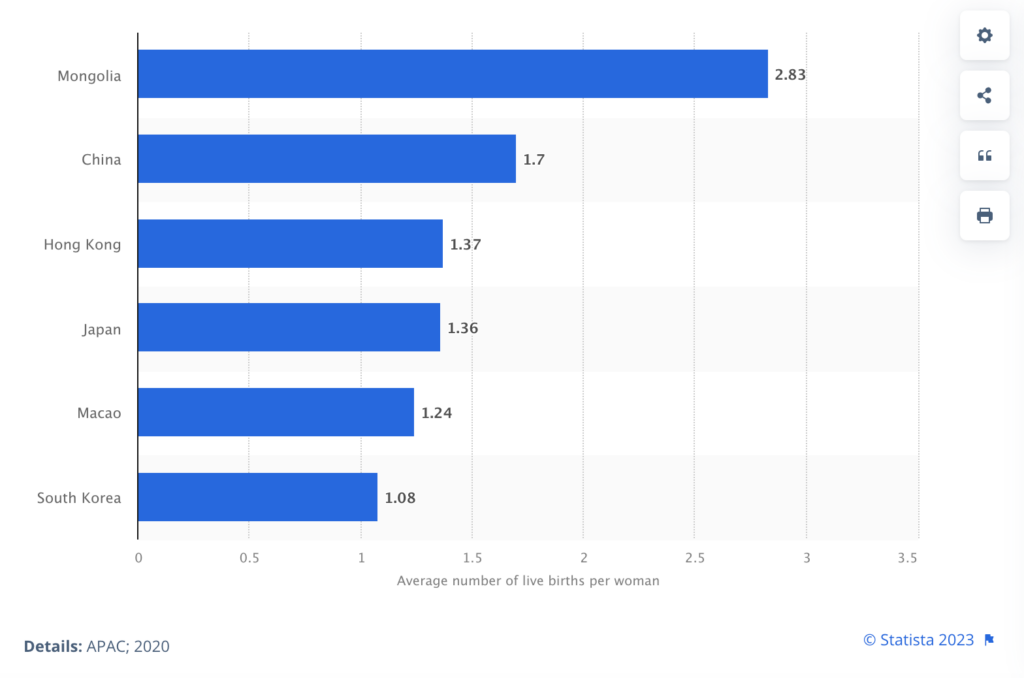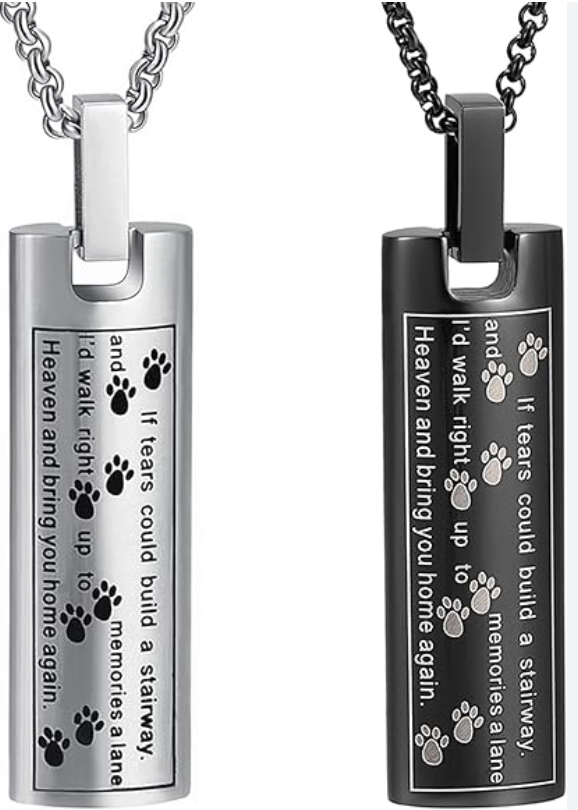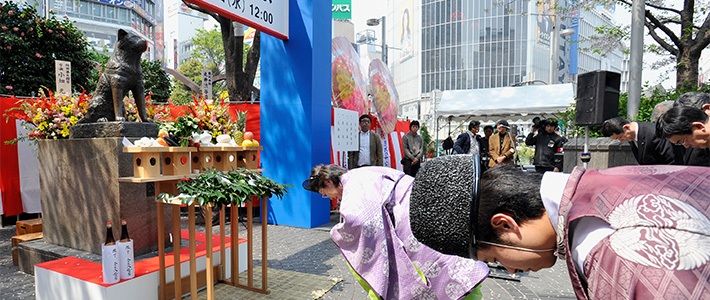With the declining birth rate and aging population, East Asian countries are facing many questions about the sustainability of their societies. In recent years, South Korea has been mentioned as the country with one of the lowest fertility rates in the world, crudely around 0.7-0.9, and Japan has become the fastest-aging country in the world. People choose not to have children for multiple reasons. Low employment rates and inflation of housing prices make the cost of raising a child immensely high. Also, the cultural changes and the empowerment of women frees them from the used-to-be mandatory fertility responsibility.

More and more people choose to own a pet to fulfill their emotional needs. And these pets have become so important to them in the urbanized society where the connection between people is so weak. With this, the pet cremation service started to flourish in these East Asian countries. According to the investigation poll from South Korea’s Animal and Plant Quarantine Agency, in 2018, 55.7% of the participants hoped to use animal cremation facilities when their pets died. The cremation fee can be charged as much as 500,000 South Korean won (430 USD), but people still choose to pay for the service and give their pets a proper goodbye.

After the pandemic, there is even a pet boom. More and more people are having pets and the diversity of the pet cremation service also increases. The ashes of the pets are made into diamonds instead of buried in a cemetery. From an anthropological point of view, this phenomenon might be caused by the shrinking home size and the expansion of the urbanized area. Modern people living in apartments don’t have private gardens where they can bury their pets, and the expansion of the city leads to less usable land for pet cemeteries, and the pet owners have to bury their pets in farther suburban areas. Thus, turning the cremated ashes into portable jewelry becomes a great idea. What’s more, pet cremation can be linked to the Buddhist tradition that is rooted in the East Asian cultural ground. The Buddhists treat every creature as equal, and they believe that animals can be transmitted to human beings in their next life if they are blessed with love and piety. The pet owners in East Asia could have adopted this idea unconsciously and be willing to believe that they will see their pets in the next life. Anyhow, humans are not superior to other animal species, and the world does not only belong to us. And I believe that pet funeral services will become more and more popular in the years to come.

Further Reading:
https://www.lonite.com/education/recent-pet-funeral-situations-in-japan
Work Cited:
News, D. (2009, July 28). In Japan, funerals offered for animals. Deseret News. https://www.deseret.com/2009/7/28/20331205/in-japan-funerals-offered-for-animals
Kang, T. (2019, May 3). Why South Korea is seeing a boom in mobile animal cremation services. – The Diplomat. https://thediplomat.com/2019/05/why-south-korea-is-seeing-a-boom-in-mobile-animal-cremation-services/
UNESCAP. “Total Fertility Rates in East Asia in 2020, by Country or Region (in Average Number of Live Births per Woman).” Statista, Statista Inc., 9 Sep 2020, https://www.statista.com/statistics/615658/total-fertility-rates-in-east-asia-2016-by-country/

In what ways does present-day pet cremation relate to or echo pet burials discovered and studied archaeologically? What does that tell us?
The pet cremation shows people’s will to keep their deceased animals by their side, just like the ancient Egyptian mummified cats and the horses and dogs buried in the Han Chinese tombs. These ancient mausoleums embodied people’s ideas about the afterlife, and they believed they could still be accompanied by the animals that were buried with in the afterlife. Both the pet cremation and the pet burials shows the tight connection between human and animals. Humans are not superior than other species, and have much more influence on human culture and environment than we might have expected.